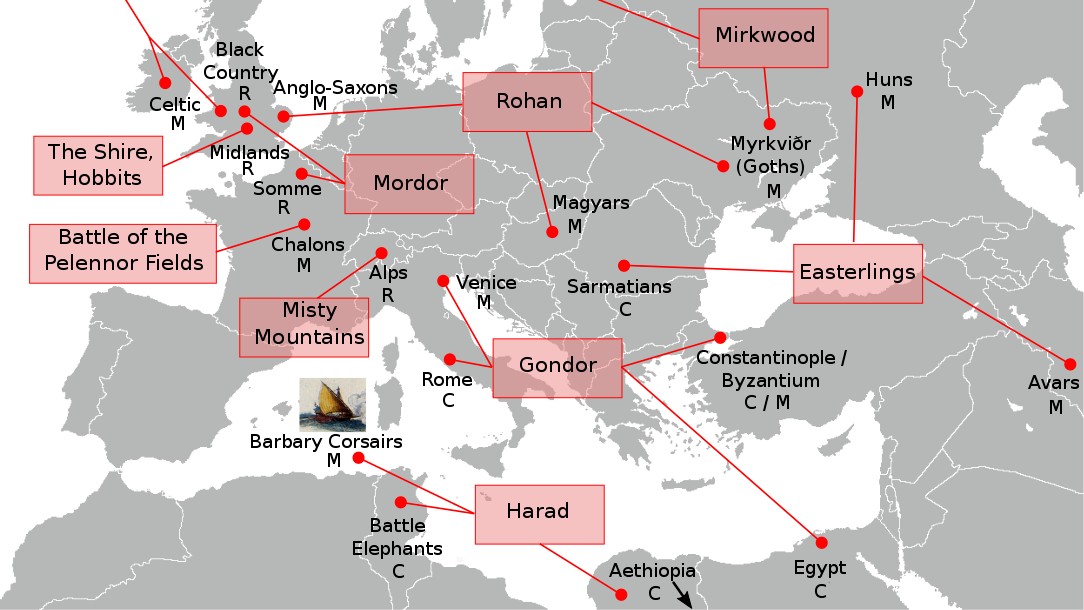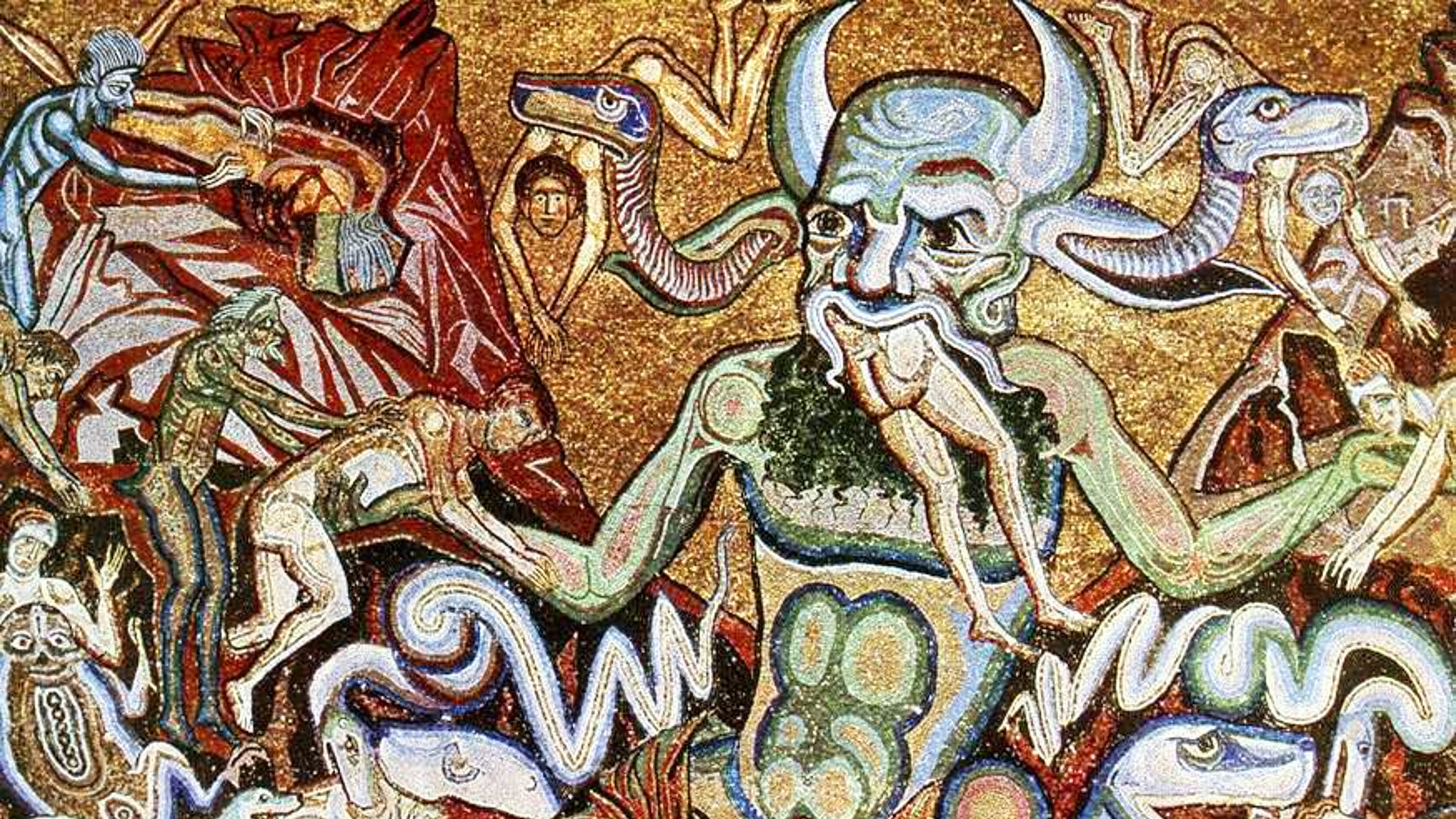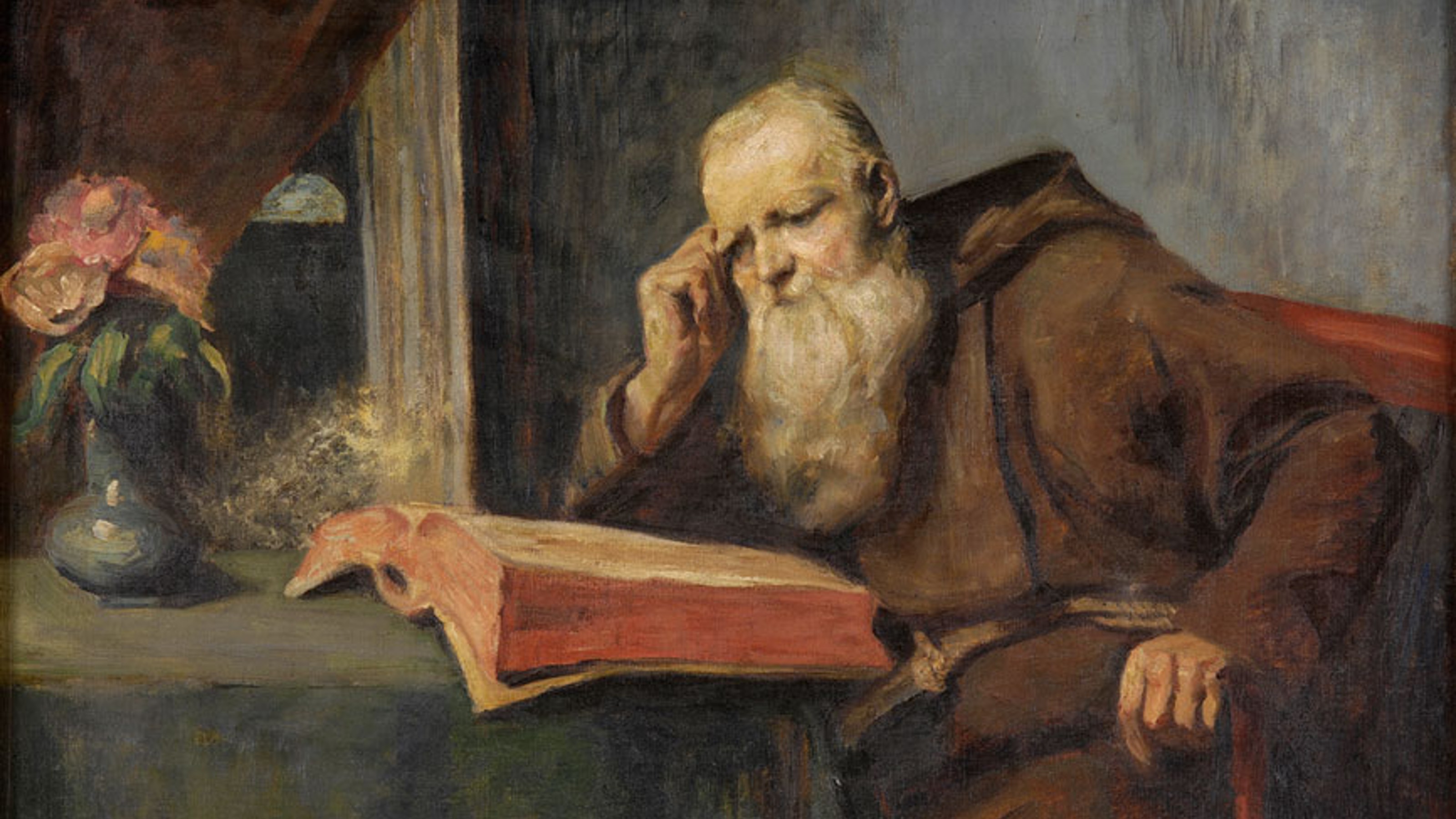Elizabeth Alexander: America is a diasporic country. America is a country, you know, we start with native people in this land and then people were brought here sometimes involuntarily, sometimes voluntarily but in diaspora from other parts of the globe. So, of course, there's the African diaspora largely brought here involuntary. There are people who come in diasporas from Europe under different sets of circumstances, from Asia and different sets of circumstances in continuing waves throughout American history, uniquely American. So I think that what is amazing about this place is that it has always received people who are scattered from other places and then made a mix that is uniquely its own.
I think that in thinking about the commonalities of let's call them immigrant or transplanted or the people who in various waves come from elsewhere to make America. What's really important is while we can sometimes see renewal and rebuilding I think that those stories have very, very distinct particularities and it's important for us not to flatten them. The slave experience, the experience of coming north in the great migration is very different from coming here from the Holocaust, coming here from the potato famine, coming here from other kinds of international either crises or seeing the United States as many have as a land of opportunity. These are very, very distinct stories. So I don't mean to say that I don't think they have any common denominator but I think that they are more richly understood in their particularity.
Well I think that what is important about memory shaping our sense of a legacy is that how memories are transmitted, how stories are told has everything to do with what we remember. So that's why I think the work is really so important of which books are taught, which projects are funded, who gets the mic, how do we even have a chance to record and then evaluate what a wide range of American stories are so we can understand who we really are. I'm a part of a school of thought in African American studies and sort of revisionist histories that sort of say okay, well here's one timeline but actually look at all of these other stories that were not included on this timeline. You know the wonderful saying the lions are the victors in history because the lions write history. And when the lions no longer write history we'll have a different history. So if you think about how much history has been told by people with power and cultural resources, more male than not, more white than not, more monied than not, more elite institution affiliated than not. How can we understand that that's not all the human beings, right. That's not all the human beings. So I've always been a professor who goes back at one timeline and says but look at this and this and this and this. All of these conversations that were happening simultaneously.
And by the way when you do that with culture very often these poets, for example, who were not placed on a narrow conical timeline together in their time were actually very much in interaction with each other. So I think that we actually need to do the restorative work to remember that human begins living in proximity to each other are not always unaware of each other in the way that history sometimes has written it.
Throughout my career I have been working to expand notions of where value, cultural value, artistic value resides. When I was more engrossed in literary study and particularly African American literary study and women's studies, gender studies what we were always trying to do was recenter the canon to say here are all of these voices, all of this brilliance that either hasn't been taught or hasn't been taught anywhere other than on the margins. So if you think about works that are now thought of as being quite canonical like Zora Neale Hurston's great novel Their Eyes Were Watching God, when I started out in graduate school was not even in print. It was something that people handed tattered copies from hand to hand. And now it is something that people are reading in high schools in large part because of the sort of feminist literary study and African American literary study that said this is neglected excellence. This is excellence that should be read by everyone and this is excellence that is at the center of what is great in American literature. And that argument was one that could be made using basic tools of close reading but also learning about how other traditions in addition to the English literary tradition and in addition to what sort of elite institutions had put forth in English departments how other traditions had values that helped shape what made a great work of art. So that's sort of a long story to say that I believe in a very interdisciplinary way of understanding and shaping what excellence is. I think there is not only one way that a work of art can achieve greatness and I think that it's our responsibility as smart funders just as it is the responsibility of smart educators to be able to understand works of art and their achievement or failure on their own terms. And that's kind of the complex way that we try to thin about what we fund.






